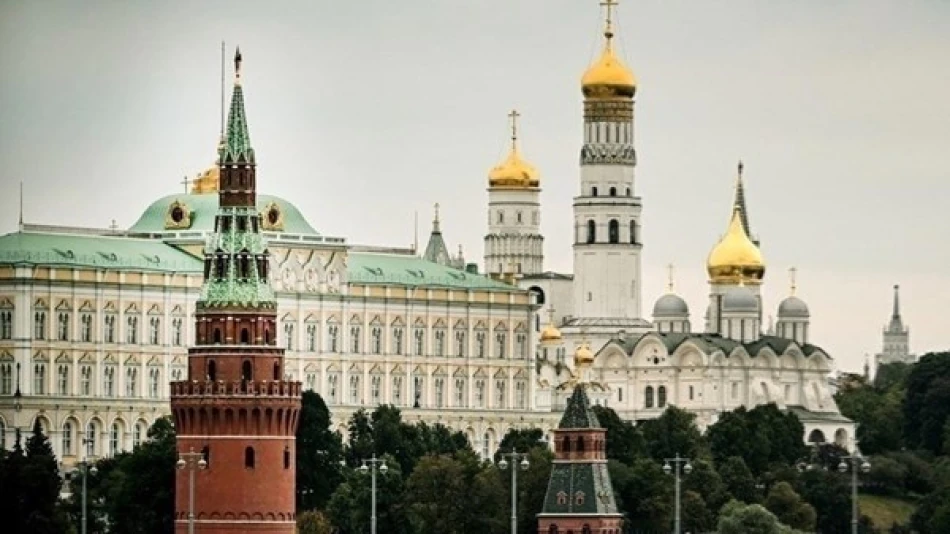
Russia Committed to Constructive Dialogue with United States
Putin's Investment Envoy Signals Continued US-Russia Dialogue Despite Tensions
Russia's top investment official has declared that constructive dialogue with the United States will persist despite what he characterizes as deliberate attempts to derail diplomatic progress. The statement comes as President Donald Trump prepares to deliver what sources describe as a "significant announcement" regarding Russia, highlighting the delicate balance between economic cooperation and geopolitical friction.
Diplomatic Messaging Through Digital Channels
Kirill Dmitriev, President Vladimir Putin's special envoy for investment and head of the Russian Direct Investment Fund (RDIF), used the encrypted messaging platform Telegram to communicate Moscow's position on bilateral relations. The choice of platform reflects Russia's increasingly sophisticated approach to digital diplomacy, particularly as traditional diplomatic channels face mounting pressure from sanctions and political constraints.
Dmitriev's role as Putin's investment representative makes his statement particularly significant. The RDIF, which he leads, manages approximately $10 billion in assets and serves as Russia's primary sovereign wealth vehicle for international partnerships. His public commitment to continued dialogue suggests the Kremlin views economic cooperation as a potential bridge even amid broader political tensions.
Economic Stakes Behind the Diplomatic Rhetoric
The timing of Dmitriev's statement appears strategic, coinciding with Trump's planned announcement on Russia. For investors and multinational corporations, the message signals that Russia remains open to business relationships despite the challenging political environment. This positioning mirrors strategies employed by other nations facing US sanctions, including Iran and North Korea, which have sought to maintain economic channels even when political relations deteriorate.
Investment Fund Diplomacy
Russia's use of its sovereign wealth fund as a diplomatic tool follows a playbook increasingly common among resource-rich nations. Similar to how the UAE's Mubadala Investment Company or Singapore's GIC have served dual roles as investment vehicles and soft power instruments, the RDIF operates at the intersection of finance and foreign policy.
The fund's international partnerships have historically included collaborations with Saudi Arabia, China, and various European entities. Maintaining dialogue with the US, even through unofficial channels, preserves options for future economic cooperation should political winds shift.
Market Implications and Investor Sentiment
For global markets, Dmitriev's statement may provide modest reassurance that US-Russia economic relations won't face immediate escalation. Russian assets, particularly energy stocks and government bonds, often react sensitively to diplomatic developments. The commitment to "constructive dialogue" could help stabilize investor sentiment ahead of Trump's announcement.
However, the reference to "attempts to derail" dialogue suggests Moscow anticipates continued challenges. This framing allows Russia to position itself as the reasonable party seeking cooperation while attributing any breakdown to external forces—a common diplomatic strategy that preserves negotiating flexibility.
Digital Diplomacy in the Modern Era
The use of Telegram for this diplomatic communication reflects broader trends in international relations. As traditional diplomatic channels become increasingly monitored and politicized, encrypted platforms offer officials alternative venues for messaging. This approach allows for rapid response to developing situations while maintaining some degree of deniability or informal character.
The brevity and directness of the message also align with contemporary political communication styles, where complex diplomatic positions are distilled into social media-friendly statements that can quickly reach both domestic and international audiences.
Most Viewed News

 Layla Al Mansoori
Layla Al Mansoori






